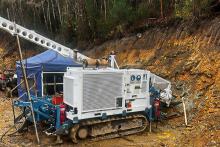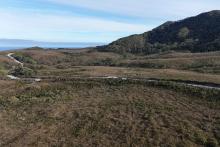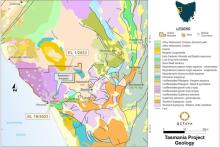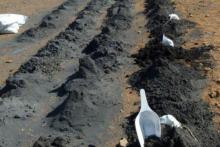Octava Minerals has lit up the market with a suite of eye-catching bioleaching results from its Byro rare earths and lithium project in WA’s Gascoyne. Partner, European biomining specialist BiotaTec, used microbes to extract up to 75 per cent of the key magnet metals and about 40 per cent of the lithium in samples in record time. The results point to serious potential for a rapid, low-cost heap-leach operation.

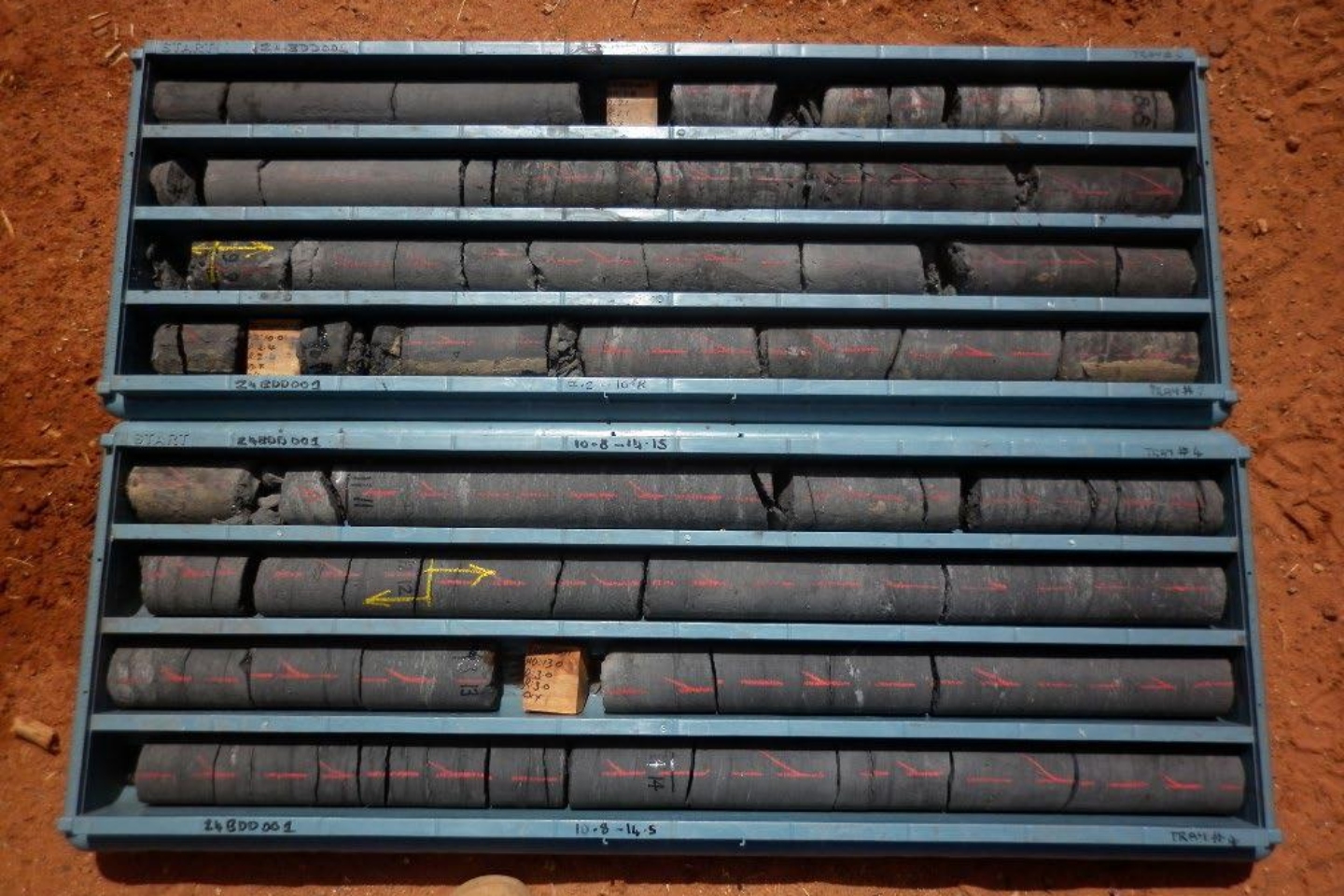
The share price of Octava Minerals went for a massive run today, climbing 81 per cent at one stage to 6.9 cents on the highest turnover in almost a year after the company revealed a stunning breakthrough in recovery test work at its Byro rare earths and lithium project in Western Australia’s Gascoyne region.
In trials using micro-organisms in a biomining culture to recover metals, Octava’s European partner BiotaTec achieved extraction rates of up to 75 per cent for the key magnet metals neodymium, praseodymium and dysprosium. The tests also retrieved about 40 per cent of the lithium, vanadium and terbium in the samples.
In the world of critical minerals, these results are extraordinary.
The results are particularly striking given the microbial cultures hit their top extraction rates within 24 to 48 hours. In a sector where traditional processing can drag out for weeks, these reaction times point to the potential for a rapid heap-leach operation.
BiotaTec says its results are highly significant for such an early-stage program. Octava’s management is now confident that further refinements could push recoveries even higher - a tantalising prospect, given rare earth prices have started to firm up after being in the doldrums for the past 18 months.
Octava Minerals managing director Bevan Wakelam said: “These initial test results are extremely significant for the Byro project. We believe the Byro project has the potential to be a key large-scale, low-cost supplier of critical minerals in Australia.”
When biomining stacks up for a project, it delivers more than just low-cost metal recovery - it is also highly sustainable, as proven at the Talvivaara polymetallic mine in Finland along with several copper mines in Chile.
Instead of guzzling harsh chemicals and pumping out hefty carbon footprints, bioleaching taps into naturally occurring microbes to do the heavy lifting. The microscopic bacteria, fungi or plant cells go to work at room temperature, need only minimal reagents and leave behind a far lighter environmental footprint.
The test material came from core recently retrieved from diamond drilling into the black shales of the Byro sub-basin. BiotaTec knows the rock type inside out, thanks to its deep experience with microbial extraction.
Octava’s ground covers a 30-kilometre run of black shales, which are as much as 100 metres thick in sections. The company believes these sedimentary Permian rocks could unlock a vast, low-cost supply of critical metals.
The Byro project spans 555 square kilometres and is held within two granted and heritage-cleared exploration licences, 220km southeast of Carnarvon. It is also sitting in a sweet spot for future development, with export options through the Port of Geraldton, energy supply from the Dampier–Bunbury gas pipeline and potential access to WA Government–flagged renewable energy hubs down the track.
Buoyed by the standout lab results, BiotaTec is keen to scale up with a bioheap-leach trial. The concept is elegantly simple and involves piling up crushed ore, dousing it with microbial solutions and then letting nature do the work as metal-rich liquid filters down. From there, a standard ion-exchange process captures the prize, with the metals finally pressed out as carbonates.
If Octava can convert its laboratory success into industrial-scale reality, the company could be on the cusp of joining the ranks of low-cost suppliers feeding the booming demand for rare earths and lithium in magnets, batteries and clean energy technologies.
For now, the punters have been handed a glimpse of what looks like a rapid, scalable and greener path to unlocking one of Australia’s more intriguing critical mineral plays.
Is your ASX-listed company doing something interesting? Contact: matt.birney@businessnews.com.au







